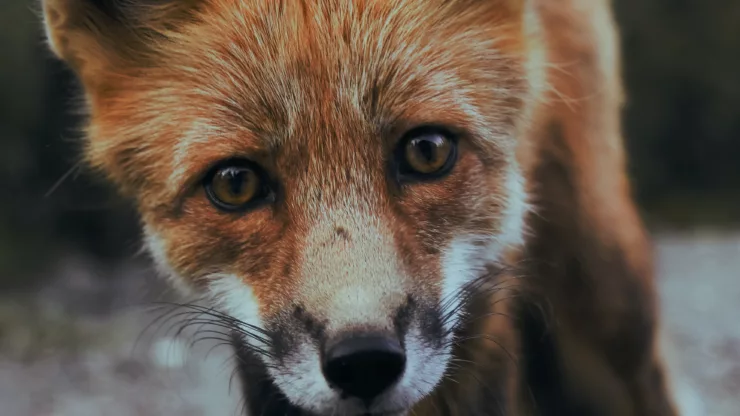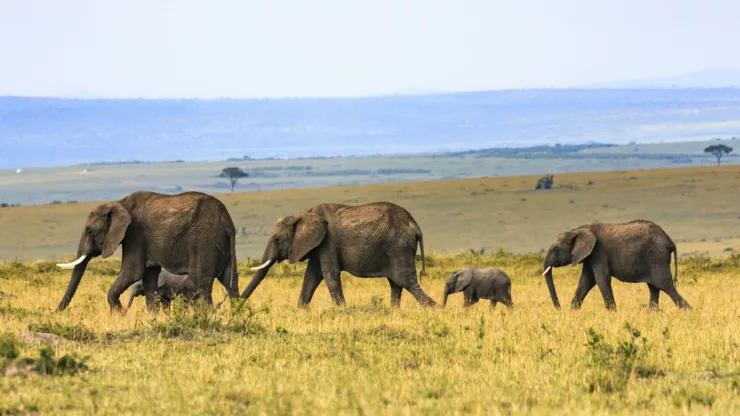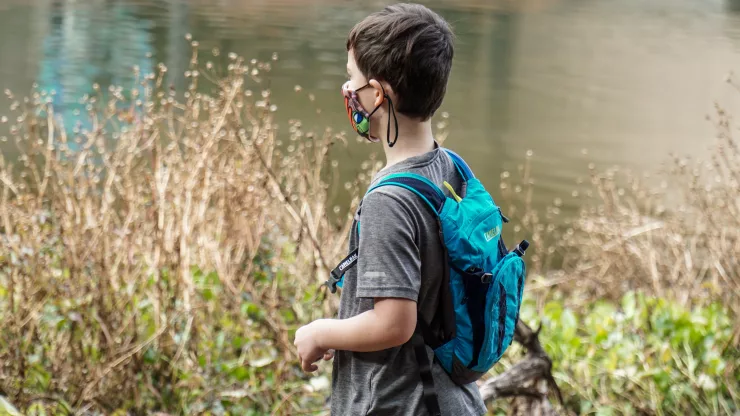Jump to Section
Becoming a Wildlife Technician
If you have great passion for wildlife and want to make a career out of it, becoming a wildlife technician can be a great option.
Wildlife technicians play a crucial role in conserving and managing wildlife populations, and their duties involve tasks like monitoring animal behavior, conducting surveys, and assisting in research projects.
In this article, we will explore the education requirements and pathways to becoming a wildlife technician.
Education Requirements: Degrees and Certifications
To become a wildlife technician, you will need to have a degree in wildlife biology, zoology, environmental science, or a related field.
Here are some of the degrees and certifications you can pursue to become a wildlife technician:
-
Associate’s Degree: An associate’s degree in wildlife management or a related field can qualify you for entry-level positions in the field.
-
Bachelor’s Degree: A bachelor’s degree in wildlife biology, ecology, or a related field is usually required for most wildlife technician positions.
-
Master’s Degree: A master’s degree in wildlife biology or a related field can open up more advanced job opportunities with higher salaries.
-
Certifications: There are several certifications available for wildlife technicians, including the Certified Wildlife Technician (CWT) and the Wildlife Society’s Wildlife Management Certification (WMC).
Pathways to a Wildlife Technician Career
There are several pathways to a career as a wildlife technician, including:
-
Internships: Completing an internship with a wildlife organization can provide valuable hands-on experience and networking opportunities.
-
Volunteering: Volunteering with a wildlife organization can also provide hands-on experience and help you build connections in the field.
-
Entry-Level Positions: Starting out in an entry-level position, such as a wildlife technician assistant or a wildlife rehabilitator, can provide opportunities for advancement in the field.
Tips for Success: Building Skills and Experience
To succeed as a wildlife technician, it is important to build skills and experience in the following areas:
-
Field Experience: Gaining field experience through internships, volunteering, or entry-level positions is crucial for building your skills and knowledge in the field.
-
Technical Skills: Developing technical skills in areas like GPS mapping, data analysis, and wildlife monitoring is essential for success as a wildlife technician.
-
Communication Skills: Strong communication skills are important for working with other team members, presenting research findings, and interacting with the public.
FAQ
What skills do you need to become a wildlife technician?
To become a wildlife technician, you will need to have skills in areas like fieldwork, data analysis, and communication.
Strong technical skills in areas like GPS mapping and wildlife monitoring are also important.
What degrees are required to become a wildlife technician?
A degree in wildlife biology, zoology, environmental science, or a related field is usually required to become a wildlife technician.
An associate’s degree may qualify you for entry-level positions, but a bachelor’s degree is typically required for most positions.
What certifications are available for wildlife technicians?
There are several certifications available for wildlife technicians, including the Certified Wildlife Technician (CWT) and the Wildlife Society’s Wildlife Management Certification (WMC). These certifications can help demonstrate your expertise and advance your career in the field.
Becoming a wildlife technician can be a rewarding career path for those who are passionate about wildlife conservation and management.
By pursuing the right education and gaining valuable experience in the field, you can build the skills and knowledge necessary to succeed as a wildlife technician.
With hard work and dedication, you can make a positive impact on the future of our planet’s wildlife populations.
I’m a nature enthusiast and creator of Metro Wilds and have spent years exploring the great outdoors.
With a passion for environmental conservation and sustainability, I have dedicated my career to writing about the beauty and wonders of nature, as well as the threats facing our planet.
Contact me at [email protected] for assistance.





